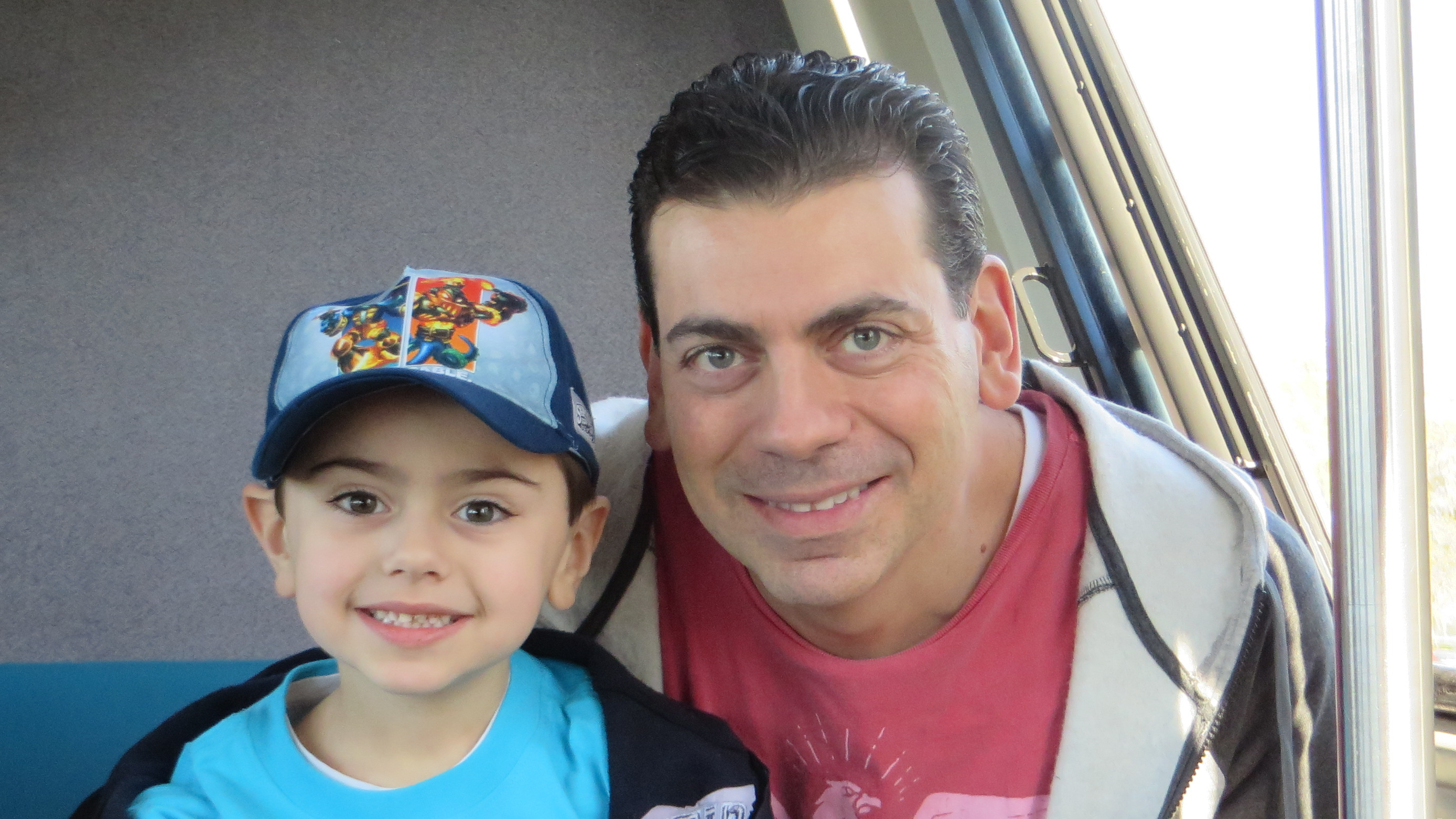First, I want to take a moment to wish all my friends and colleagues a very Happy New Year.
It’s a great time for us to reflect on all our accomplishments as well as those items we may not have completed. It is truly such a unique time in our minds because we find ourselves looking back and then swiftly looking forward! And as with every new year, we hit the preverbal “reset” button. That is, we make new promises and swear off the excuses; the infamous new year’s resolutions!
So while we all fall victim to setting goals and promises that we don’t keep, perhaps it’s time to try something different.
New studies have shown that instead of making a list, try asking yourself a series of questions, this is known as the “question-behavior effect”. For example, instead of setting a goal of losing weight, say to yourself:
Will I take care of my body, my temple and treat it accordingly?
Additionally, rather than bucket your goals (or questions) into succinct categories of self-improvement such as health, financial, career, personal, etc., perhaps think of things holistically and even go as far as take some advice from Albert Einstein:
A human being is part of a whole, called by us “Universe” a part limited in time and space. He experiences himself, his thoughts, and feelings, as something separated from the rest, a kind of optical delusion of his consciousness. This delusion is a kind of prison for us, restricting us to our personal desires and to affection for a few persons nearest us. Our task must be to free ourselves from this prison by widening our circles of compassion to embrace all living creatures and the whole of nature in its beauty. Nobody is able to achieve this completely, but the striving for such achievement is in itself a part of the liberation and a foundation for inner security.
It’s time to chuck the new year lists, instead, what “questions” will you be asking yourself for 2016?
ABOUT THE AUTHOR:
Michael Iacona has 20+ years’ cross-industry experience within large multinational companies, works with start-ups and earned dual Masters degrees – an MBA from Columbia Business School and an MS in Information Systems from Pace University. Having built, led and managed small and large teams, Michael continual evolves his management style. He leads by example and fosters open communication and enjoys coaching team members, capitalizing on their unique talents.










